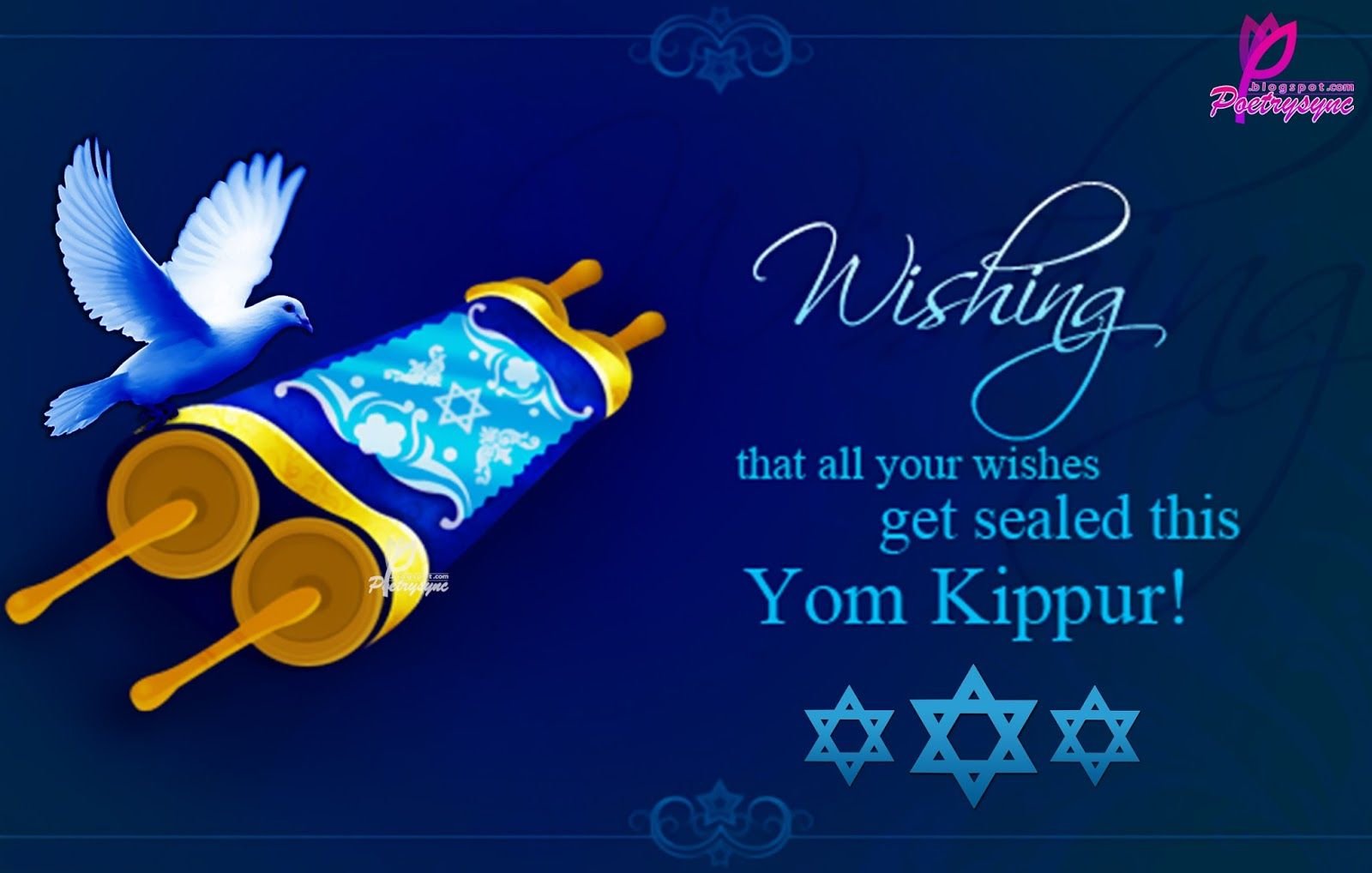Yom Kippur, also known as the Day of Atonement, is the holiest day in Judaism. It marks a period of intense reflection, prayer, and fasting. As such, the greetings associated with Yom Kippur carry deep significance, embodying wishes of atonement, peace, and spiritual renewal. This article explores the essence of Yom Kippur greetings, their cultural and religious significance, and how they are expressed, providing insight into this profound aspect of Jewish tradition.
The Significance of Yom Kippur
Yom Kippur is the culmination of the Ten Days of Repentance, which begin with Rosh Hashanah, the Jewish New Year. This period is dedicated to introspection, seeking forgiveness, and making amends. Yom Kippur itself is a day set aside for fasting, prayer, and repentance, a time when Jews around the world seek to reconcile with God and their fellow humans. The day emphasizes themes of purity, redemption, and the human desire for a closer connection with the divine.
Greetings as a Reflection of the Day’s Essence
The greetings exchanged during Yom Kippur are not mere formalities but are imbued with the day’s spiritual significance. They are an expression of the deep-seated wishes individuals have for themselves and each other during this solemn time. Understanding the common greetings used during Yom Kippur offers insight into the holiday’s core themes and the values it seeks to instill in the hearts of those who observe it.
“Gmar Chatima Tova”
The most traditional greeting for Yom Kippur is “Gmar Chatima Tova,” which translates to “May you be sealed for a good year (in the Book of Life).” This greeting is rooted in the belief that on Rosh Hashanah, the Jewish New Year, God inscribes each person’s fate for the coming year into the Book of Life, but it is only on Yom Kippur that these inscriptions are sealed. The greeting embodies a prayerful wish that the recipient’s sins will be forgiven, and they will be inscribed in the Book of Life for a year of peace, health, and happiness.
“Tzom Kal”
Another common greeting is “Tzom Kal,” meaning “Have an easy fast.” This acknowledges the physical and spiritual challenge of the 25-hour fasting period, expressing a wish for strength and endurance. While fasting is a key component of Yom Kippur, it is ultimately a means to an end—a tool for self-reflection and spiritual renewal. This greeting underscores a shared understanding of the day’s difficulties, coupled with a hopeful wish for the personal growth that can arise from them.
Cultural and Religious Context
The greetings used during Yom Kippur are steeped in the rich tapestry of Jewish history and tradition. They are a reflection of the community’s values, emphasizing repentance, forgiveness, and the hope for a better future. These greetings serve not only as a means of communication but also as a vehicle for conveying the collective ethos of the Jewish people during this sacred time.
The Power of Words
In Judaism, words are not taken lightly. They are considered to have the power to hurt or heal, to break down or build up. Thus, the words chosen for Yom Kippur greetings are particularly significant. They are chosen to uplift, to encourage reflection, and to foster a sense of unity and purpose among those who utter them and those who receive them. This understanding of the power of words adds an additional layer of depth to the simple act of offering a Yom Kippur greeting.
Conclusion: The Universality of Yom Kippur’s Message
While Yom Kippur is a distinctly Jewish holiday, the themes it embodies—atonement, reflection, forgiveness, and the quest for a better self—are universal. The greetings exchanged during this holy day encapsulate these themes, offering a moment of connection and shared humanity. Whether one is deeply religious or simply reflective, the essence of Yom Kippur greetings prompts a consideration of our actions, our relationships, and our aspirations for the year to come.
In a world often divided by differences, the messages conveyed through Yom Kippur greetings remind us of the values that can unite us: compassion, reflection, and the pursuit of peace. As we offer these greetings to each other, we reaffirm our shared hopes for a future marked by understanding, forgiveness, and renewal.



















